Barak adé Soleil
Director
Barak adé Soleil (they + he) is an award-winning artist, independent curator and noted consultant who has contributed to the contemporary art scene since 1991. Barak’s progressive practice speaks to the expanse of blackness as it intersects with disability and queer culture.
Extensive traveling throughout their career offered opportunities to cultivate meaningful exchanges with diverse communities, as well as witness, support and participate in powerful artmaking across North and South America, Europe, and West Africa.
Barak has served as Artistic Director of Tangled Art + Disability in Toronto, Director of Programs for Threewalls in Chicago, and most recently was Co-Director of Live Art Development Agency in London, UK. Acknowledgements for creative projects include: 2020 & 2017 Art Matters Foundation Award; 2019 Ragdale Foundation Residency Fellowship; 2017 Robert Rauschenberg Foundation Residency Fellowship; 2016 3Arts Award; and Katherine Dunham Choreography/NYC AUDELCO Award for excellence in Black Theatre.
As a consultant, Barak has engaged globally with independent artists, large & small organizations and institutions, focusing on community engagement and accessibility. Current consultations are informed by a forward-thinking framework centering disability justice.
Barak founded D UNDERBELLY, a network of interdisciplinary artists of color, in Minneapolis in 1996, and is returning to the Twin Cities close to 3 decades later to serve as Director of Emerging Curators Institute.
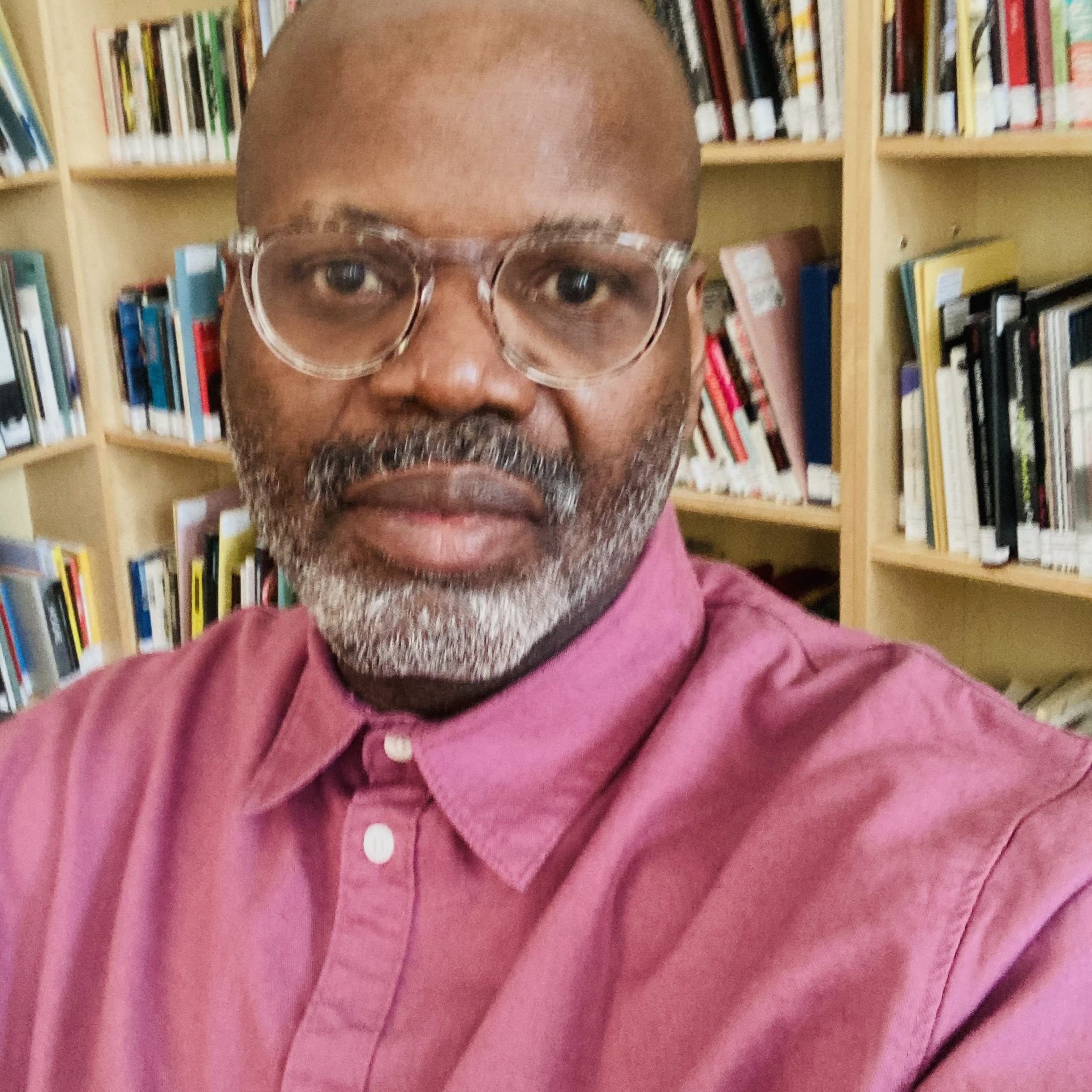
Symone Wilson
General Support
Symone Wilson (all pronouns)
Having worked with a spectrum of arts organizations within Minnesota, Symone is grateful for the opportunity to support ECI. At the intersection of arts and business, Symone is a record label co-owner and avid pop musician, utilizing her expertise in event organizing and marketing to assist organizations with new ideas and structure.
With her experience in performance and event production, she seeks to assist in creating collaboration between art forms, mentorship opportunities for burgeoning artists, and systems for support across Minnesota’s creative communities and organizations.

Job Opportunities
There are currently no job opportunities. Sign up for our newsletter to stay updated.
Advisory
Kehayr Brown-Ransaw, a 2020-21 Emerging Curators Institute Fellow, is an interdisciplinary artist, educator, and curator based in Bde Óta Othúŋwe/Mnísota (Minneapolis/Minnesota). His current practice engages in conversations of familial histories, gendered work, self/government documentation, and Black identity through quilting and printmaking—his curatorial and teaching practices center on access, representation, and the presentation of marginalized communities.
Brown-Ransaw uses an archive of family photographs, legal ledgers, and intimate family conversations to challenge the white-driven ancestral paradigm of the individual and conceptualize the communal experiences of the family instead as the central narrative. He designs and makes large-scale quilts, rich in color and pattern, integrating into each design transfers or color-blocked forms of family photographs. These textiles are a tactile link between current diasporic experiences and those of his ancestors. The narrative is, in a sense, the life cycle of a quilt as a meditation on its historical context, both from its use as currency by enslaved women to gain access to white society and as a utilitarian comfort object.
Through this work, he explores how anthropological and ethnographic systems of enumeration through the census and colonialist perspectives have made it so that minority communities are non-existent on paper. And the ways that non-western communities have kept traditional ways of self-documentation alive throughout history.

Esther Callahan is a Minnesota based independent curator and arts consultant. Curatorially she is interested in issues of decolonization, equity and representation, specifically relating to women and Black diaspora in all spaces. Over the past 20+ years in the Twin Cities, she has created and co-created various platforms for cultural production rooted in interrogating the impact of racial and gender equity. She is the former Co-Director of the Emerging Curator Institute (ECI), a Minnesota based nonprofit designed to build the individual practices of emerging curators from diverse backgrounds. In addition to ECI, Callahan was a Curatorial Fellow at the Minneapolis Institute of Art (Mia), where she co-founded the Curatorial Advisory Committee as a model to help inform Diversity, Equity, Accessibility and Inclusion practice in curatorial work. She is also the Co-Artistic Director for Arts & Rec US, a design and development company in Mpls. She is interested in bringing art and artists into space and place – whether it be your home, a hotel, or a gallery.
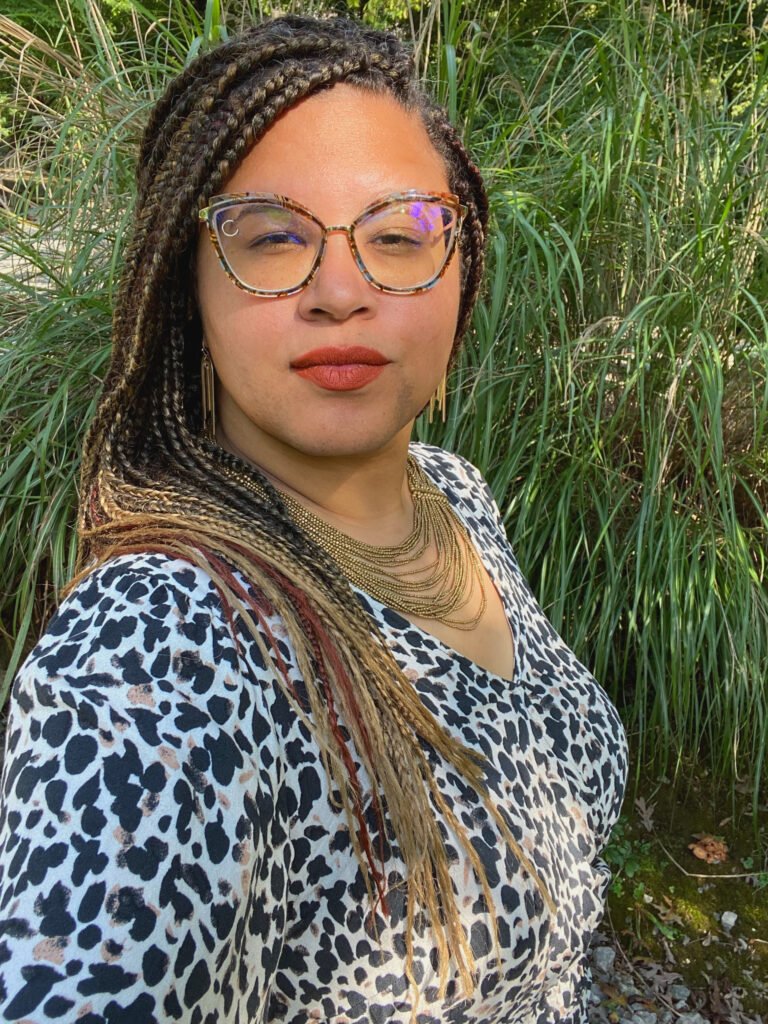
Esther Grisham Grimm
Esther’s career-long work in the arts encompasses museum and arts education, administration, philanthropy, and leadership coaching. For 23 years, she served as the Executive Director of 3Arts, a nonprofit grantmaking and arts service organization that supports artists in the six-county Chicago metropolitan area and Southern Illinois, with a focus on women artists, artists of color, and Deaf and disabled artists. Prior to that, she was the Director of Education/Associate Director of Marwen and the Assistant Director of Museum Education at The Art Institute of Chicago.
Esther is a writer and editor, flute player, equine therapy volunteer, and a leadership coach for National Arts Strategies. She serves on the City of Chicago’s Cultural Advisory Council and is a Co-Chair of the American Friends of the Vienna Museum Board of Directors.
In 2020, she was presented with the Diversity Award from the College Art Association. In 2017, she received the Kathryn V. Lamkey Spirit of Diversity Award from the Equal Employment Opportunity Committee of Actors’ Equity Association. Esther also received the Wren Award in honor of women in theater from Rivendell Theatre Ensemble and the Women Who Make a Difference Award from Lakeside Bank.
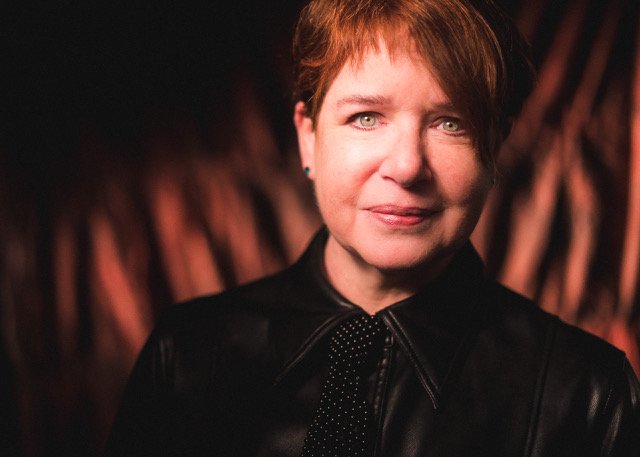
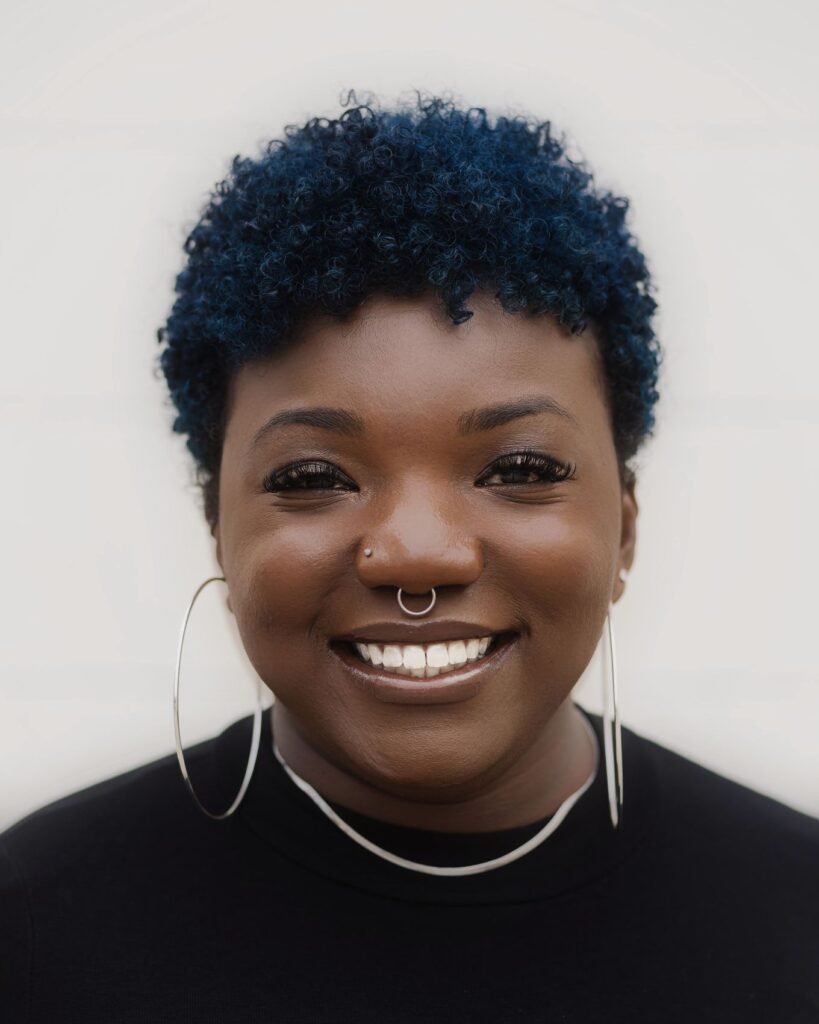
Taylor Jasper
is Assistant Curator, Visual Arts at the Walker Art Center. Jasper joined the Walker in January 2023 from the contemporary art space The Momentary, affiliated with Crystal Bridges Museum of American Art in Bentonville, Arkansas, where she most recently held the position of Curatorial Associate. There, she supported seven seasons of interdisciplinary programming, including exhibitions, artist residencies, and public art projects. Before joining The Momentary in 2020, Jasper was a Curatorial Research Assistant at the Virginia Museum of Fine Arts, where she was an integral member of the curatorial and editorial teams for the touring exhibition and catalog The Dirty South: Contemporary Art, Material Culture, and the Sonic Impulse.
Jasper brings a thoughtful and generous approach to her curatorial work, informed by an ethics of care and developed through collaborations with artists such as Olalekan Jeyifous, Auriea Harvey, and Kandis Williams. An extremely relational individual, her curatorial practice is grounded in a commitment to and passion for experimentation, community-building, and collective learning. Jasper was born and raised in Richmond, VA and received her BA in Africana Studies and Art History from The College of William & Mary in 2018.
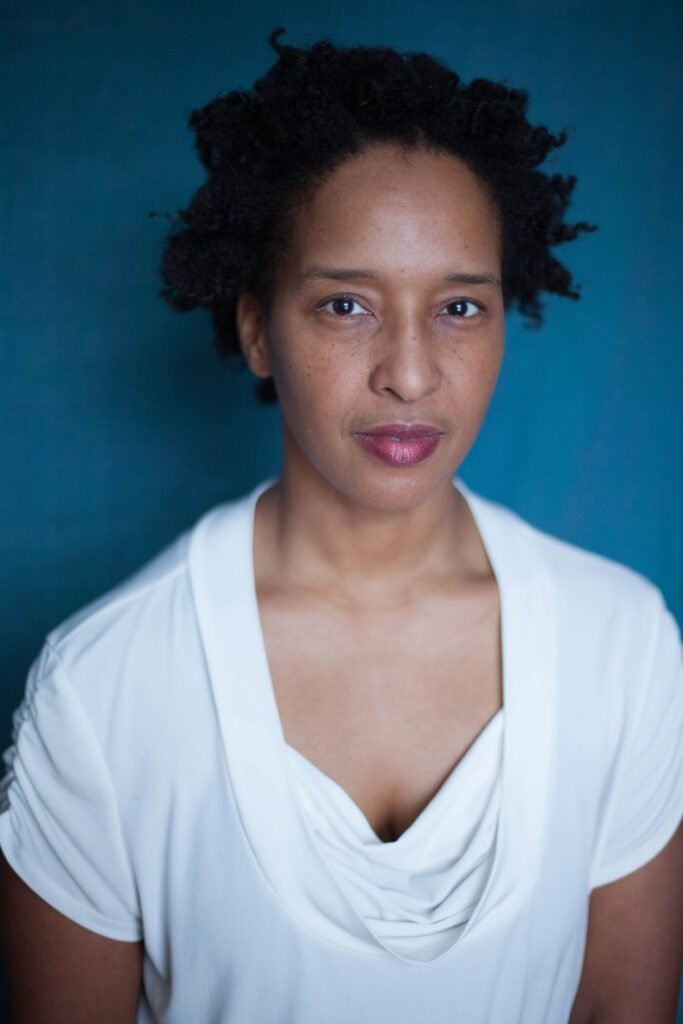
Mankwe Ndosi
Mankwe Ndosi is a Song Catcher and Culture Worker based in Minneapolis. She is a member of the Association for the Advancement of Creative Musicians (AACM Chicago/ New York), and a Resident Community Engaged Artist at Pillsbury House and Theatre. Mankwe’s creative practice emerges from black ritual legacies of music and performance inspired by, learned from and played with Douglas R. Ewart, Laurie Smith Carlos, Sharon Bridgforth, Amoke Kubat, Nicole Mitchell, Nina Simone, Miriam Makeba, the Give Get Sistet, Davu Seru, Medium Zach, Tomeka Reid, ancestors, earth, and many peers across species, cultures, times, and creative genres. She is a lay Wise Woman herbalist and ever growing in her practice of listening to and learning with the plant world. Mankwe is most alive
in engagements of earth, sound,
and movement – regenerating and re-membering.
Dr. Amit S. Rai is Reader in Creative Industries and Arts Organising at Queen Mary, University of London, where he has also taught critical marketing studies and business ethics. He is author of Rule of Sympathy: Race, Sentiment, Power 1760-1860 (Palgrave, 2002) and Untimely Bollywood: Globalization and India’s New Media Assemblage (Duke UP, 2009). He has taught at the New School for Social Research, Florida State University, Tata Institute of Social Sciences, the Dutch Art Institute, and Lorton Maximum Security Prison. His current research touches on critical management and organizational studies of the creative and cultural industries in the UK and India, with a specific focus on the politics and infrastructures of care and accessibility, decolonizing organizational attention, emergent conversations between postcolonial theory, decoloniality, and the Black radical tradition, the gendering of affective labor in social reproduction in India, media practices of commoning, and hacking and piracy practices in the UK and South Asia. His monograph on work-around practices in Indian urban digital ecosystems, Jugaad Time: Ecologies of Everyday Hacking in India, was published in 2019 by Duke University Press.

Rosy Simas is a transdisciplinary and dance artist. She lives and works in Mni Sota Makoce (Minneapolis, MN).
Simas is an enrolled member of the Seneca Nation, Heron clan. Her knowledge of her Haudenosaunee family and lineage is the underpinning of her relationship to culture and history—stored in her body—which is expressed through her work—of moving people, moving images, and moving objects that she makes for stage and installation.
Simas’ work weaves personal and collective identity themes with family, sovereignty, equality, and healing. Simas creates dance work with a team of Native and BIPOC artists, driven by movement-vocabularies developed through deep listening.
Simas’ dance works include she who lives on the road to war, Weave, Skin(s), and We Wait in the Darkness, which have toured throughout Turtle Island. Simas’ installations have been exhibited at the Onöhsagwë:de’ Cultural Center, All My Relations Arts, SOO Visual Arts, and the Weisman Art Museum.
Simas has been honored as a Native Arts and Cultures Foundation Choreography Fellow (2013), Guggenheim Creative Arts Fellow (2015), McKnight Foundation Choreography Fellow (2016, 2022), Dance/USA Fellow (2018), a Joyce Awardee from the Joyce Foundation (2018), United States Artists Fellow (2022), and as a Doris Duke Artist Awardee (2023).
Her other accolades include a Native Arts and Cultures Foundation SHIFT award and multiple awards from New England Foundation for the Arts National Dance Project, the MAP Fund, and National Performance Network.
Simas is the artistic director of Rosy Simas Danse (RSD) and RSD Studios’ creative spaces for Native, Black, Indigenous, and artists of color. She is a 2023-2024 Visiting Distinguished Scholar at the University at Buffalo.

Raven Davis is an Anishinaabe, 2-Spirit, multidisciplinary artist, curator, educator, mediator, and human rights speaker whose mother is from Treaty Four, Manitoba. Davis was born and raised in Michi Saagig Territory, Toronto, Ontario. Davis weaves their passions for land-based and archival research, with calls to action, movement and sound healing, and works embodied by lived and intergenerational experience. A parent of three sons, Davis works within the mediums of performance, movement, visual arts, and sound/media. Davis fuses narratives of colonization, race, gender, disability, abolition, pleasure, and 2-Spirit/Indigiqueer identity in their work. Davis’ performance practice bravely embodies their relationship to colonial systems, police and medical violence, systemic oppression, and complex histories. As an extension of their responsibilities as a Land and spiritual practitioner, and as a way to reconcile the hardships of the aforementioned, Davis creates spaces using sound, plant medicine, prayer, and body work to support individuals on their healing journeys.

Past Advisory members include:
Jehra Patrick – Highpoint Center for Printmaking
Angela Two Stars – All My Relation Arts (AMRA)
Mary Bordeaux – Racing Magpie
Gabby Coll – Juxtaposition Arts
Roderic Southall (returning) – Obsidian Arts Center
Ginger Shulick Porcella – Franconia Sculpture Park
Tricia Heuring – Public Functionary
Denetrick Powers – Counterspace Gallery
Roderic Southall – Obsidian Arts Center
Dyani White Hawk Polk – Contemporary Native Artist and Curator
Christina Wiles – Flaten Art Museum at St. Olaf College
Keisha Williams – Minneapolis Institute of Art